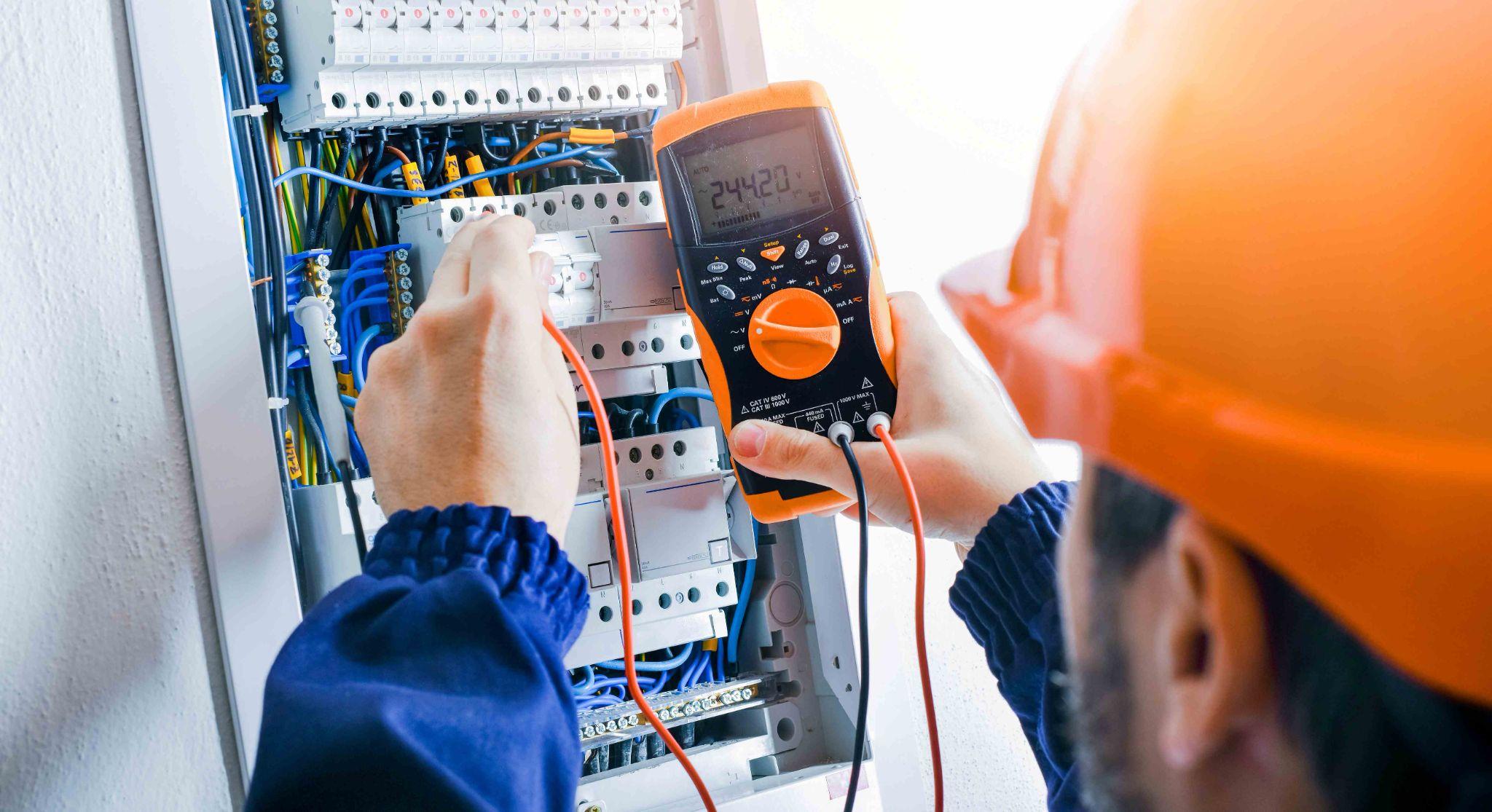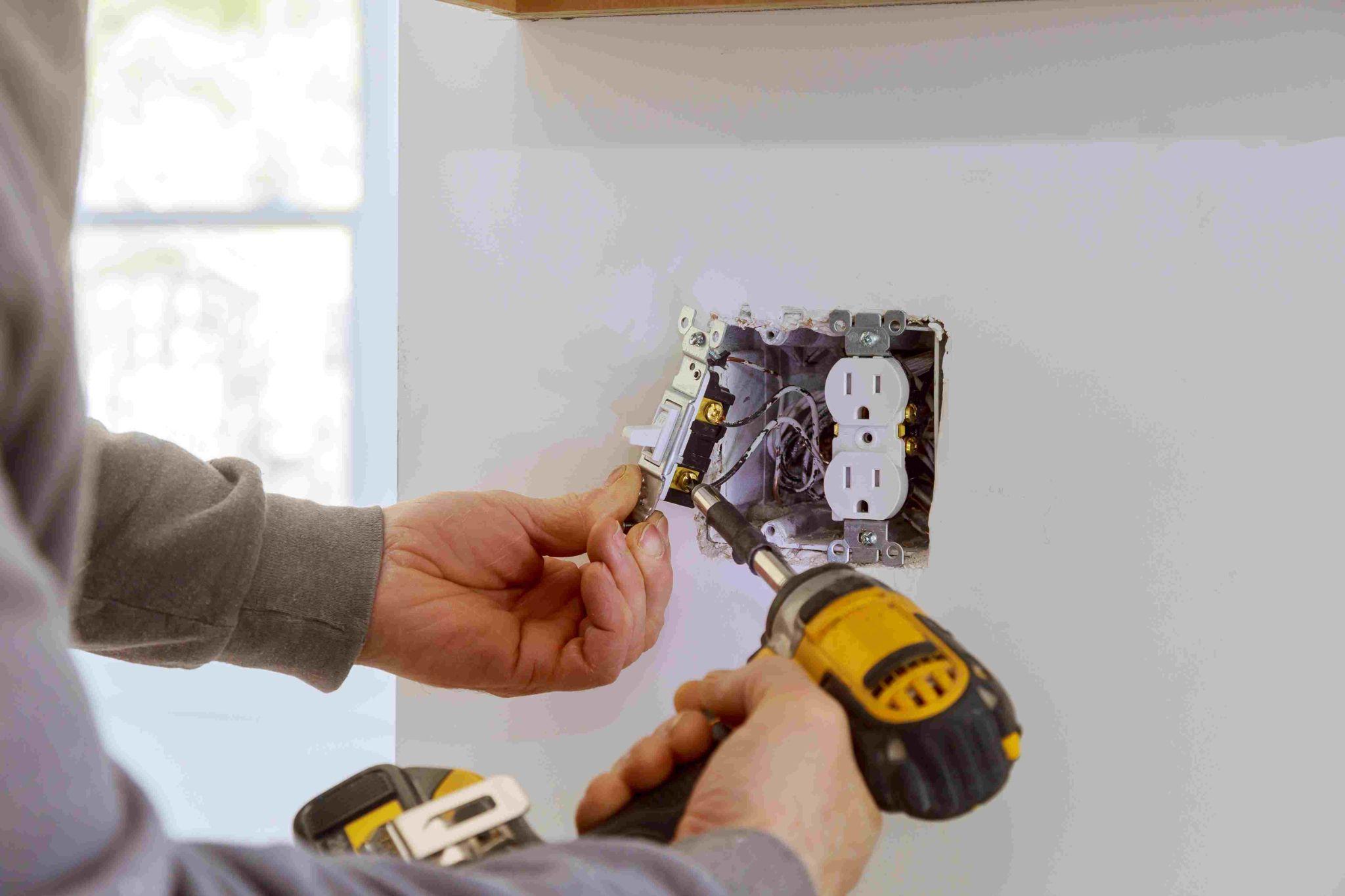Hiring an electrician to get some work done on your house may be a good decision, but it’s only as good as the pro you bring on board. Vetting them beforehand can help you separate the proverbial wheat from the chaff and bring on board a master electrician whose work speaks for itself.
But how do you know who’s the right one and who’s way off the mark? A few queries may help you make the right decision. Here are six questions you should pose to your prospective hire:
1. Are You Licensed and Insured?
When you hire a master electrician, you want to make sure they’re painting within the lines. Ask if they’re licensed. A license means they’ve passed exams and met specific requirements to legally do electrical work. It’s a hazardous occupation, one that the expert can’t afford to get wrong as the consequences can be dire both to your property and even your life.
Insurance is another factor. One thing could lead to another, and the electrician accidentally damages your property or injures themselves while working on your wiring system. If they’re uninsured, you’re likely the one going to foot the bill. So always confirm they carry liability and workers’ compensation insurance.
Warranty is another factor. What happens if something breaks not long after they leave? Can they stand behind their electrical work by offering some form of guarantee? Also, as warranties vary, make sure you know what’s covered. Is it only for parts or does it include labor too? How long does the warranty last? Thirty days, a year, or longer?
2. How Many Years of Experience Do You Have?
The more experienced electricians tend to handle problems faster and with fewer mistakes. Also, there’s a huge likelihood they’ve seen issues like yours before.
One thing, though, anyone can claim anything, so you need to look deeper and ask questions based on your project scope. Do you need help installing solar panel systems? Ask about their experience with renewable energy projects. If it’s outdated wiring in a relatively older house, ask whether they’ve handled such problems before.
One way to get professionals with the right electrical work experience is to tap into established companies like Canny Electrics or others close to you. The right pros will bring the weight of their years in the industry, spanning multiple electrical projects, to give you the best possible service. Do your homework and go with the perfect fit.
3. Are You Familiar With Local Building Codes?

Every city or county has its own rules for electrical projects. A good electrician will know these electrical codes inside and out. If they don’t, there’s a chance their work won’t pass inspection. What does that mean for you? Approval delays, extra costs, and overall frustration. Make sure you tick this box before asking them to get to work.
4. Can You Provide References or Reviews?
People are naturally inclined to trust someone who comes highly recommended. That’s why it would do a lot of good to know what past customers thought about the electrician’s work. If they’ve done a great job for others, chances are they’ll do the same for you.
Now, references can come in different forms. Some electricians might give you the names and numbers of previous clients. Others might point you to online reviews or testimonials on their website. Either way, take some time to look into them.
If you reach out to one or two references and they tell you the electrician showed up late every day and left a mess behind, you may need to reconsider. On the flip side, if everyone raves about their professionalism and results, you’re probably in good hands.
5. What Is Your Estimated Cost for This Project?
Before hiring anyone, you need to know how much this is going to cost. Better if they break down the details as opposed to giving off some vague numbers. These details include categories like labor, materials, permits, and anything else they foresee needing.
This transparency helps prevent huge surprises somewhere down the road. USD$1,000 might sound good when it comes to wiring costs. But have they included permit fees?
Also, know beforehand whether the price is fixed or hourly. Fixed prices are great because you know exactly what you’re paying. Hourly rates, though, mean the final bill could vary depending on how long the job takes.
6. What Is Your Timeline for Completing the Job?
It may be disappointing to hire an electrician only to find out they’re working multiple jobs and yours is at the tail-end of the work schedule. Set expectations upfront. A vague answer like “a few weeks” isn’t helpful. Look for a clear start and end date, or a ballpark instead.
Closing Thoughts
Hiring an electrician isn’t enough. You need to hire the right one. This guide has shown you a few questions you can ask. Use this checklist to vet any prospective hires. It may help you narrow down to the best fit for your project and budget.

